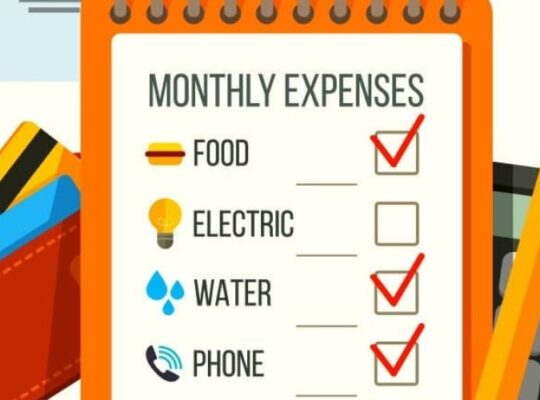
For most people, attaining financial health is a journey — one that lasts a lifetime. Very few people are lucky enough to have instant security from generational wealth or a massive lottery jackpot. Instead, the progression tends to look like this:
Building foundations. This can describe when you’re getting started in the workplace, but it might apply later, too, because life doesn’t always go to plan. Strengthening foundations includes creating an emergency fund, building your credit score and balancing expenses and debt load. And it’s never too early — or late — to start planning for retirement, so that your savings have time to take advantage of the magic of compound interest.
Stacking up wins. As you gain momentum, continue to grow your financial stability. This could mean things like paying down debt balances, using insurance coverage to protect your assets and knowing what your needs will be in retirement. Staying on top of managing your credit score will help push it higher, which gives you more financial choice.
Doing great. You’re on top of your savings plan and have a healthy debt-to-income ratio. A longer track record of managing your credit score helps, too; credit scores tend to peak in later work decades. Having a handle on financial planning and a solid approach to insurance positions you to build and protect your assets.






